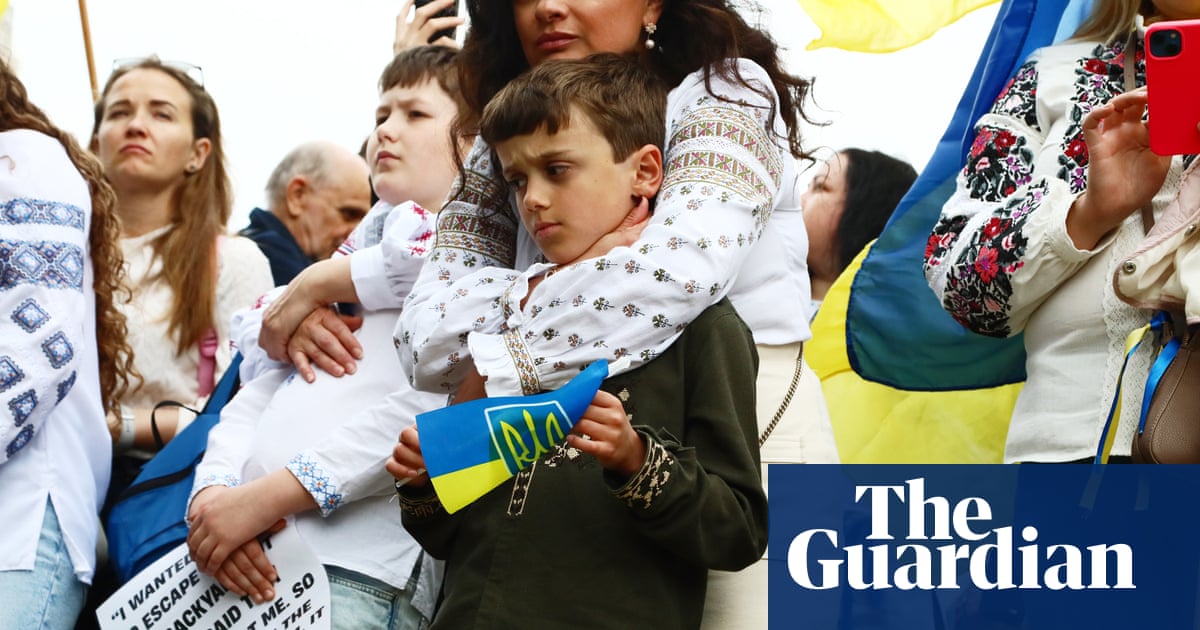The article highlights the challenges faced by Ukrainian students in the UK regarding access to free school meals. It emphasizes the gap in government support for these refugees, who lack formal refugee status and thus do not qualify for the benefits available to other low-income families. The author, Susie Cooke, calls for increased assistance, particularly in light of the ongoing conflict in Ukraine.
Government Support for Refugees
The piece critiques the current government policies that do not adequately address the needs of Ukrainian refugees. Despite the announcement of free school meals for children of families on universal credit, this measure does not extend to the Ukrainian population due to specific immigration regulations. This creates a disparity that is concerning for those directly involved, including educators and support staff.
Public Sentiment and Responsibility
By voicing these concerns, the article aims to evoke empathy and a sense of responsibility within the community and the government. It seeks to prompt action from policymakers to provide essential support to vulnerable children who have been uprooted by war. The mention of a local MP advocating for such support further reinforces the call for a collective response.
Potential Omissions
While the article focuses on the plight of Ukrainian students, it may downplay other refugee groups facing similar challenges. By specifically highlighting Ukrainian students, it might unintentionally create a hierarchy of suffering, suggesting that their plight is more urgent or deserving of attention than that of other refugees.
Manipulative Elements
The article could be seen as manipulative in its emotional appeal. By framing the issue in a way that highlights the vulnerability of Ukrainian children, it may seek to generate outrage or guilt among readers, potentially leading to increased pressure on the government. This approach relies heavily on emotional resonance rather than a balanced examination of all refugee situations.
Comparative Context
When compared to other news pieces addressing refugee issues, this article is part of a broader conversation about the adequacy of government support for displaced populations. It connects with ongoing discussions about immigration policy, social welfare, and the UK's role in responding to international crises.
Implications for Society and Policy
The article's publication may influence public opinion, potentially leading to increased advocacy for refugee rights and adjustments in policy. If the government responds positively, it could set a precedent for future support measures for refugees and other vulnerable groups.
Community Response
This piece likely resonates with communities that prioritize humanitarian aid and social justice, particularly those involved in education, welfare, and advocacy for refugee rights. It aims to engage a demographic that is sympathetic to the challenges faced by displaced individuals.
Economic and Political Impact
While the article may not have direct implications for stock markets or financial markets, its broader discourse could affect public funding decisions and resource allocation for education and welfare programs. This could have downstream effects on local economies and social services.
Global Context
The article touches upon the current geopolitical climate, particularly in relation to the ongoing conflict in Ukraine. It underscores the UK's responsibilities towards those fleeing war and conflict, linking domestic policy issues to international humanitarian obligations.
Use of AI in Content Creation
There is no explicit indication that artificial intelligence was used in writing this article. However, the structured presentation and emotional framing could suggest the influence of AI-driven content strategies that aim to maximize reader engagement. If AI were involved, it might have played a role in shaping the narrative to elicit a specific emotional response from the audience.
The reliability of the article hinges on its factual basis regarding government policy and the situation of Ukrainian refugees. It presents a coherent argument supported by personal experience, although it may benefit from a more comprehensive view of the refugee landscape. The emotional appeal, while effective, raises questions about potential bias and manipulation.
